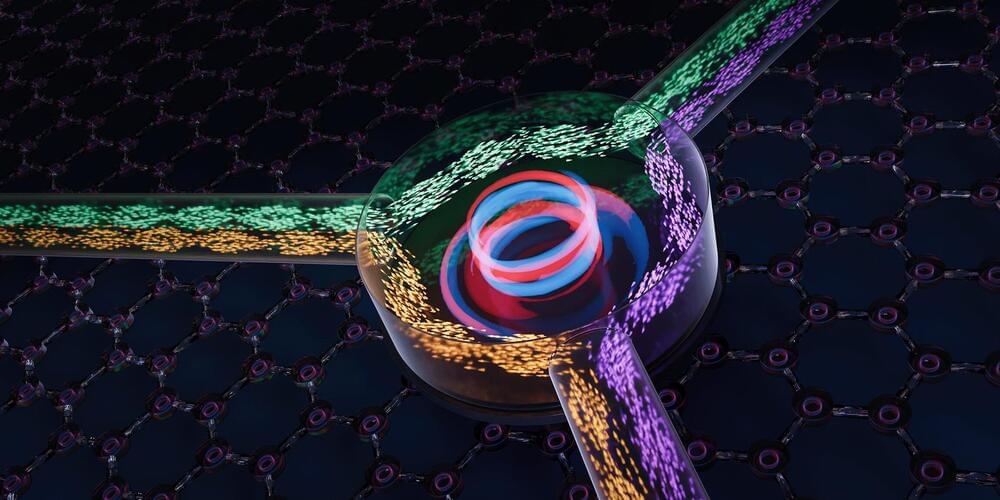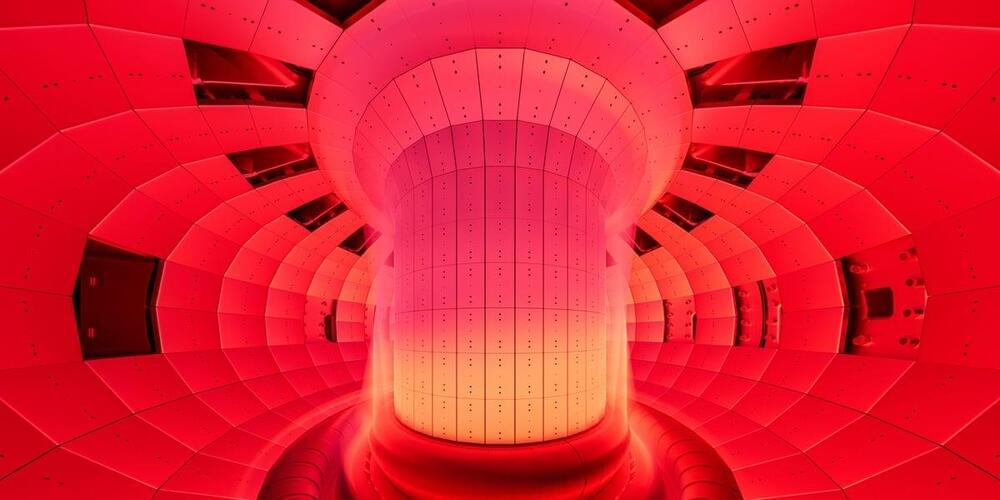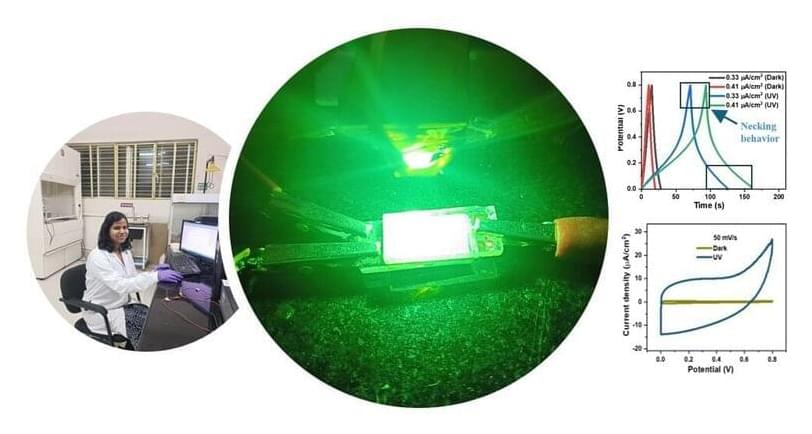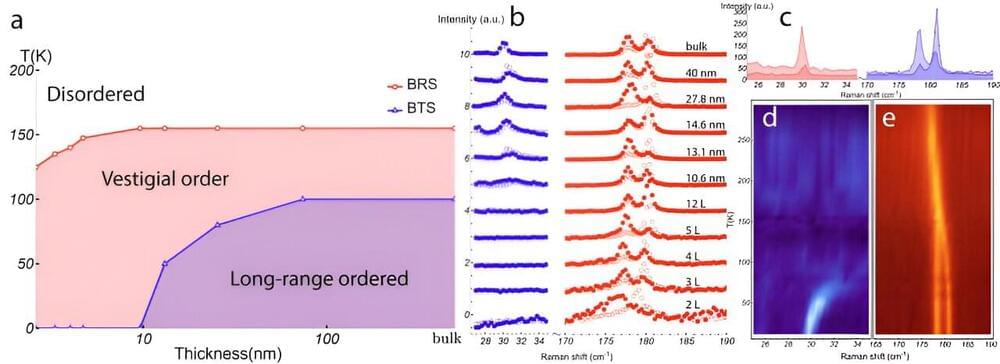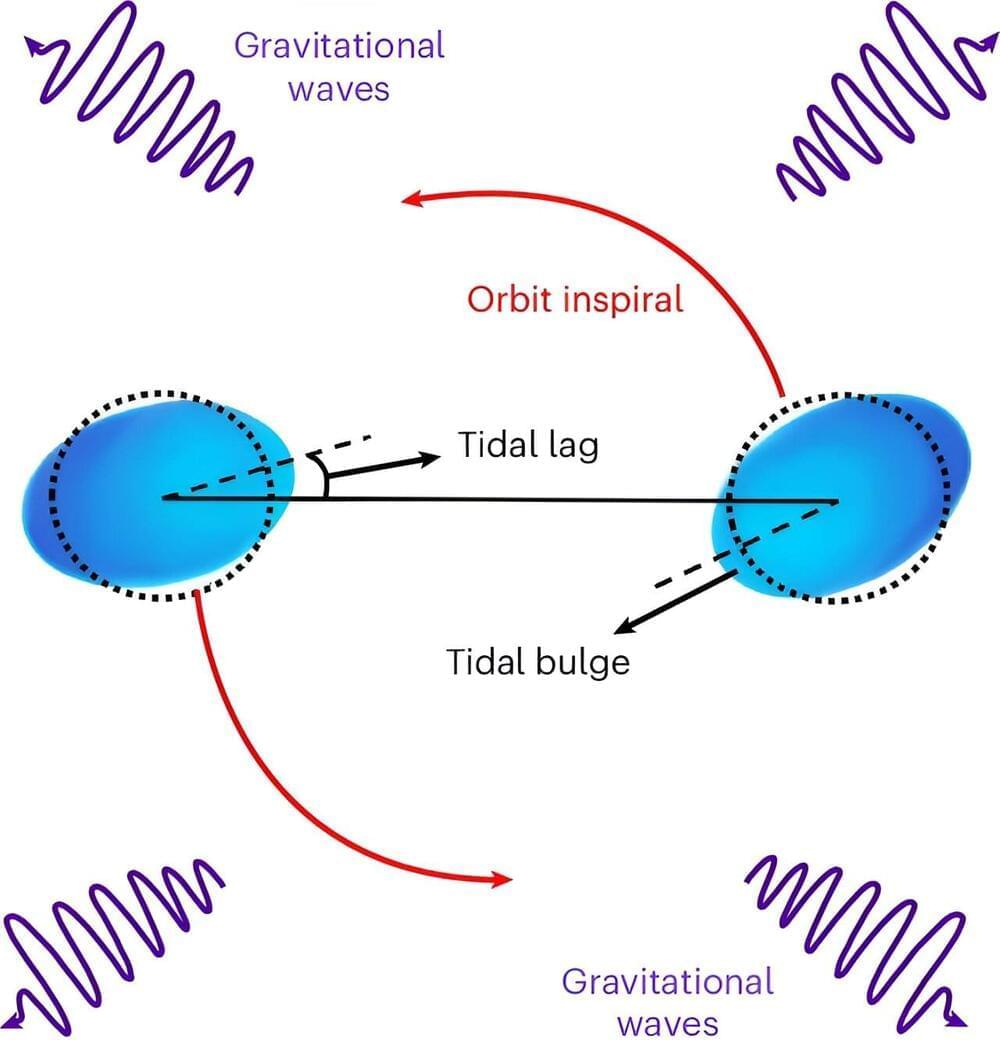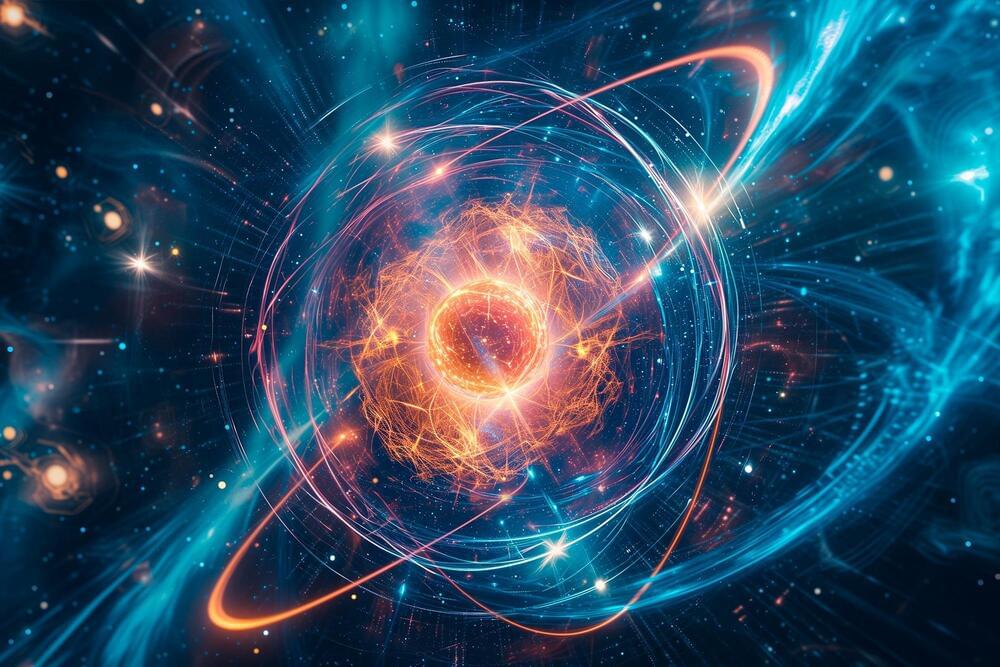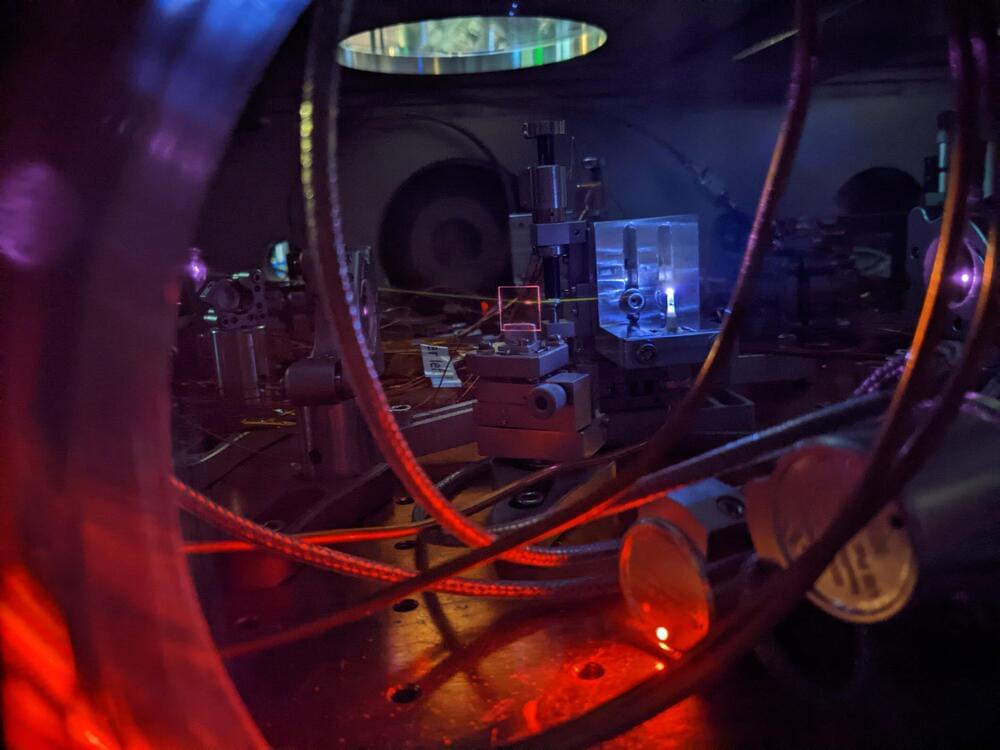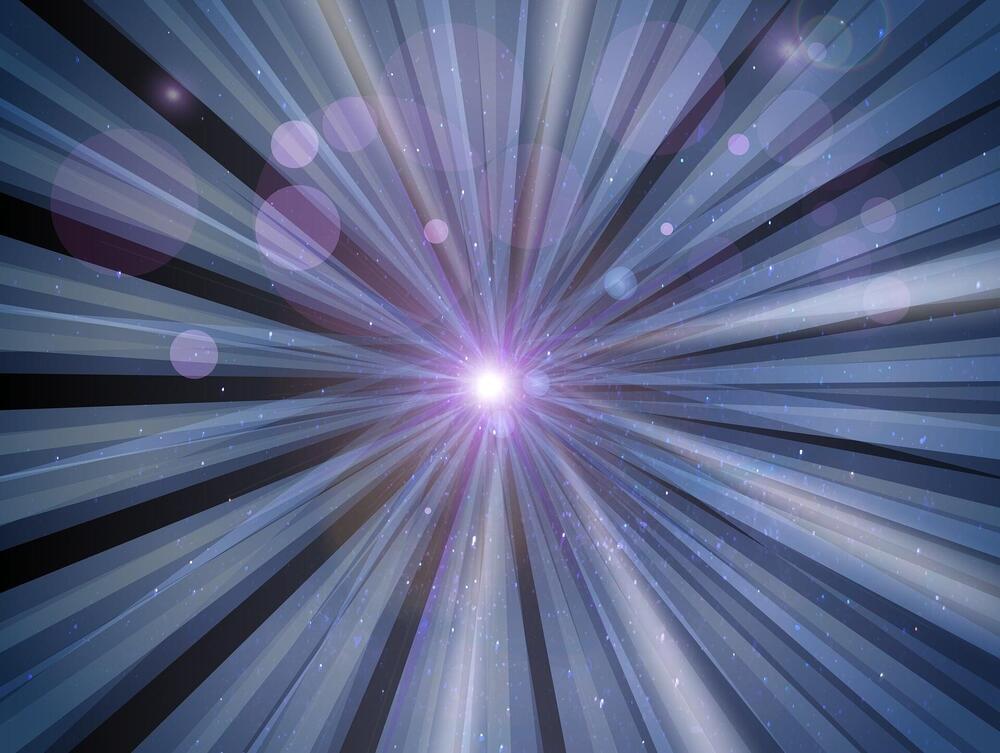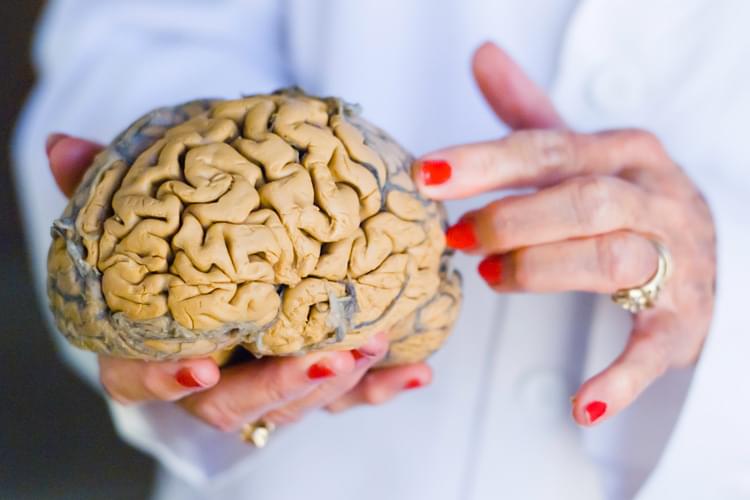Ten years ago, researchers succeeded in suppressing sound wave propagation in the backward direction; however, this also attenuated the waves traveling forwards.
A team of researchers at ETH Zurich led by Nicolas Noiray, professor for Combustion, Acoustics and Flow Physics, in collaboration with Romain Fleury at EPFL, has now developed a method for preventing sound waves from traveling backward without deteriorating their propagation in the forward direction.
In the future, this method, which has recently been published in Nature Communications, could also be applied to electromagnetic waves.
